Keynote speakers
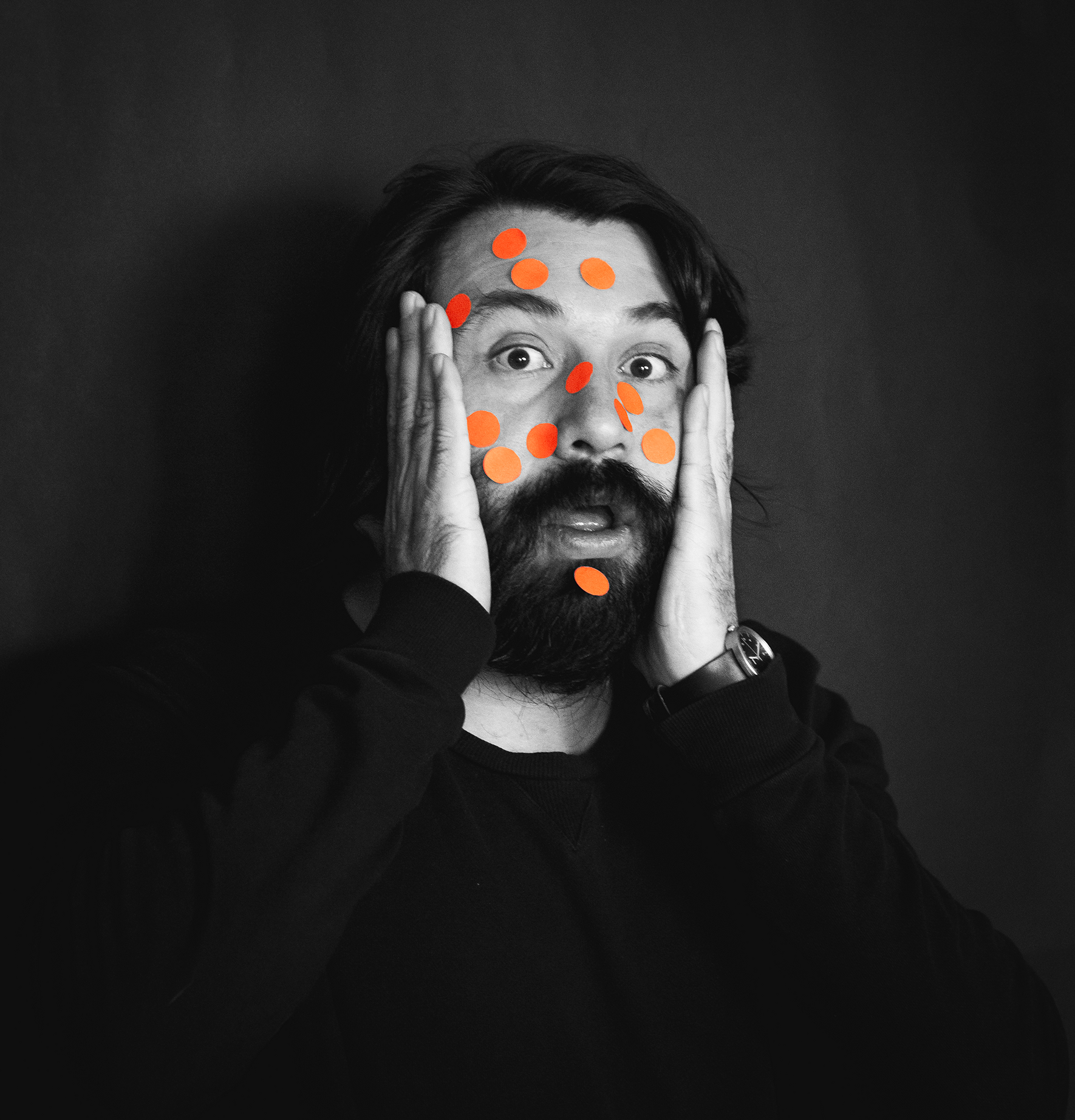
José Duarte
Easydataviz Director
His work is about exploring the relationship between data and citizens in South America, through playful participatory experiences that take place in public space and aims to spark meaningful conversations. This approach isn’t about pumping out pristine graphics worthy of the New York Times, it’s about encouraging people on something much more important: critical thought for change. For 15 years, he has designed more than 100 data participatory playful experiences in cities such as Mexico City, Barcelona, Paris, Santiago, Lima, Brussels and Berlin to trigger conversations with citizens on topics as diverse as peace, the environment, public health, conflict armed forces, the future, mobility and security.
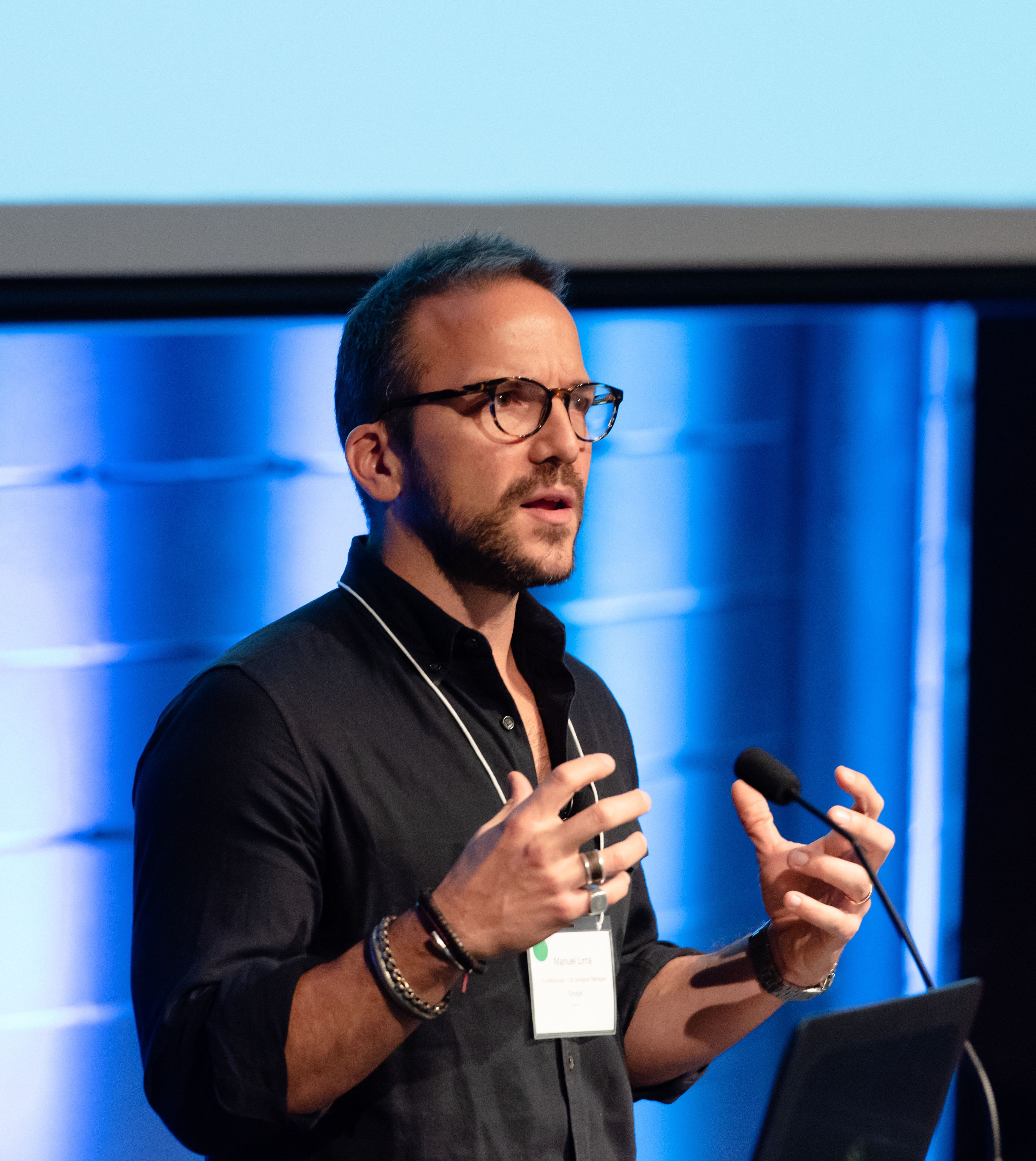
Manuel Lima
RSA Fellow. TED Speaker. Design Lead, Startup Mentor, and Educator.
Currently Global Head of Design at Interos.ai. ex-Nokia, Microsoft, and Google. Author of 4 bestseller books. Spoke at 100+ events around the globe and his talks have been watched by 3M+ people.
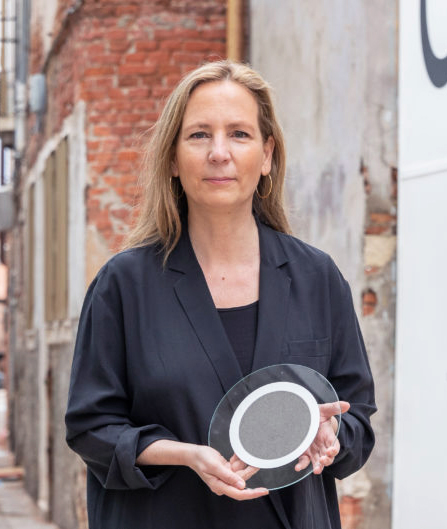
Olga Subirós
Architect and curator
Olga Subirós is a Barcelona based architect and designer focusing her work as curator of exhibition projects that integrate the transformations of the digital era and eco-social crises with new perspectives. Her current effort "MATTER MATTERS" will be part of the program for the Barcelona 2026 World Capital of Architecture. Her work has been presented at the Venice Architecture Biennale, the CCCB and at international venues such as the Digital Culture Center in Mexico, Arts Science in Singapore, and the MIT Museum. In 2022, her project "AIR/ARIA/AIRE" won the FAD International Award. Olga is a guest professor and jury member at schools in Barcelona and abroad.
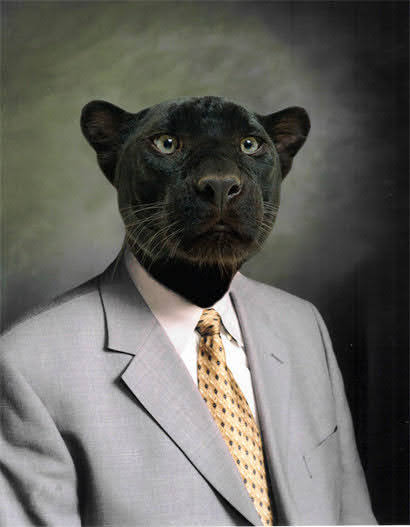
special speaker:
Pau Garcia
Founding Partner at Domestic Data Streamers
As leader of the consultancy firm Domestic Data Streamers, Pau works in research and communication projects for cultural institutions, organizations, and companies such as California Academy of Sciences, Western Digital, UNICEF, Nike or the Mobile World Congress in gathering and communicating information in new data languages.
Special presenters
Two new guests enrich the program, to the point we have decided to add one day to the program: 2CO4 begins one day earlier! On July the 3rd Santiago Ortiz, Darjan Hil and Nicole Lachenmeier of Superdot will lead two workshops, and in the following days, in a special presentation session, they will enlighten us with some of their recent work.
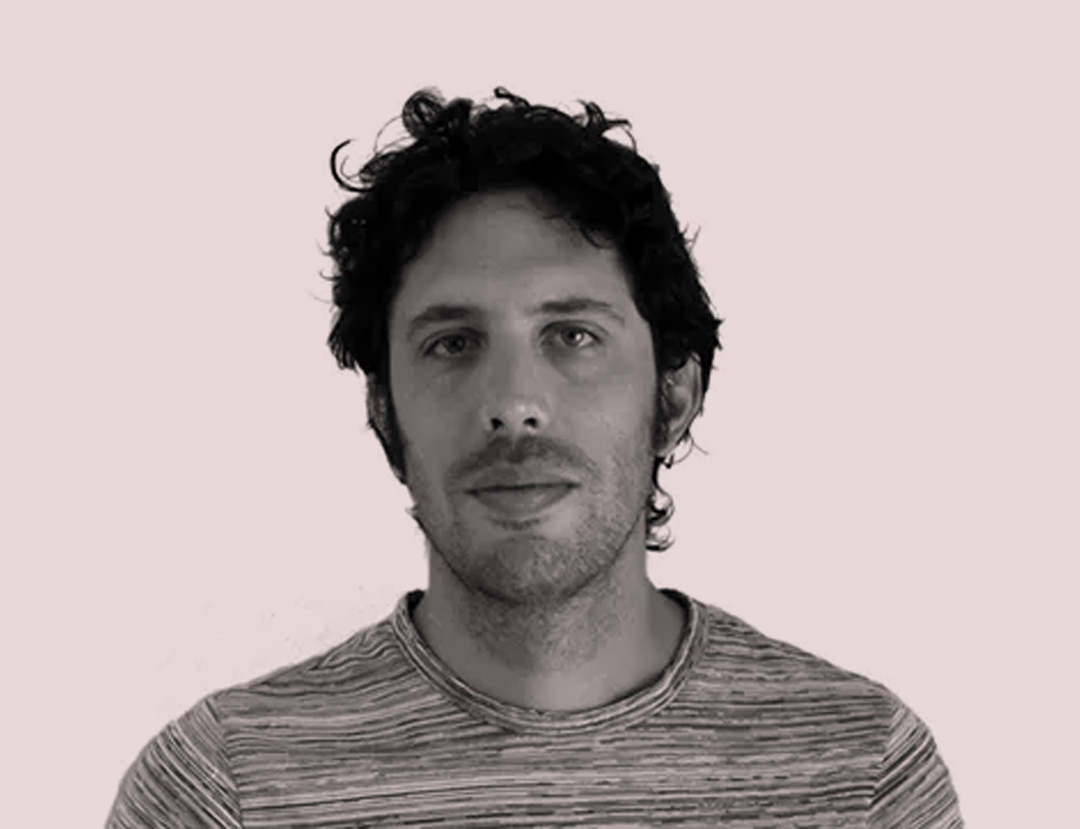
Santiago Ortiz
Consultant at Moebio-Lab and co-founder of DrumWave.
Santiago creates digital experiences based on data that help solve complex problems. He explores synergies between human and algorithmic intelligences. He also develops interfaces that enable exploration, combination, deep understanding, and decision-making, connecting with large dynamic databases.
Workshop: Educating Complexity
Our education system continues reinforcing a linear view of the world, while the challenges that humankind face now are terribly non-linear: a highly interconnected economy, unstable and unpredictable weather, fragile ecosystems that we keep pushing to their resiliency boundaries, an exponential growth in algorithmic intelligence capacity and presence. How to educate for complexity? How to prepare next generations into system thinking, collaborative intelligence, and an economy of well being without growth dependency…? In this workshop we’ll explore different strategies to learn and educate math, biology, history, art and any other subject, through experimentation and games, from a non-linear perspective. It will be playful workshop, because playing is enjoying complexity.
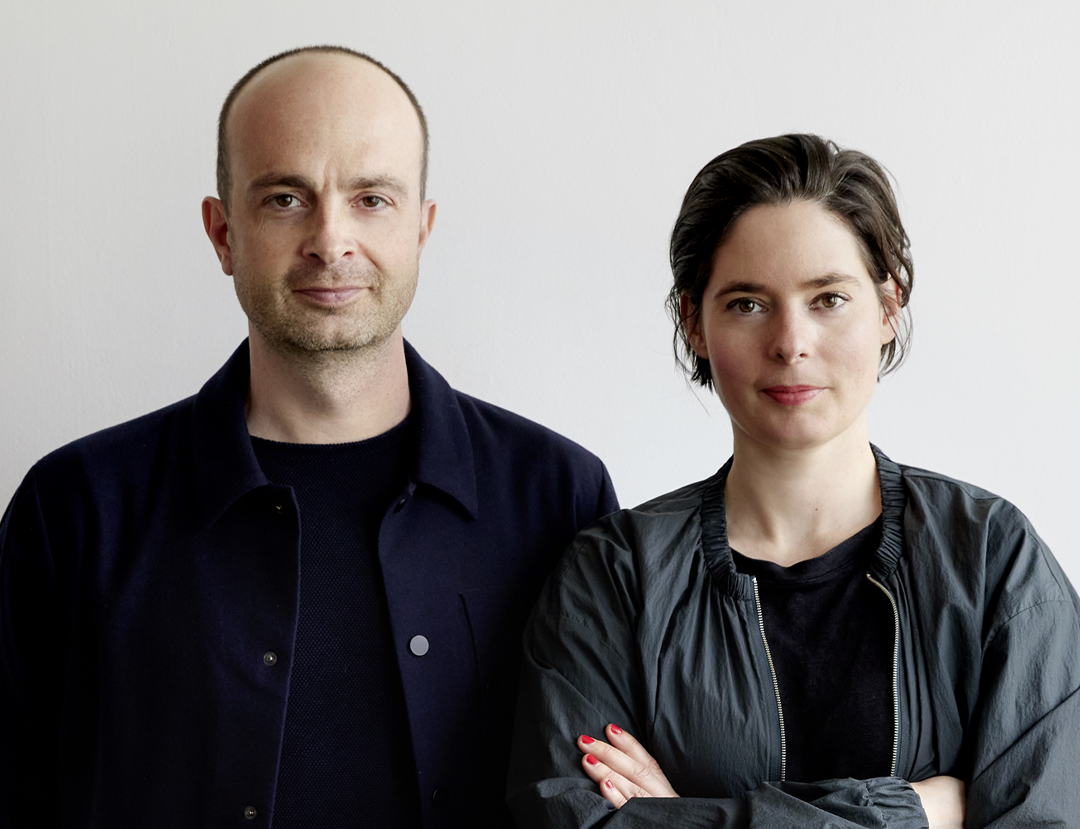
Nicole Lachenmeier
and Darjan Hil
Founding Partner at SuperDot
Nicole Lachenmeier and Darjan Hil founded Superdot.Studio, where they created the Modular Information Design System and wrote the award-winning book, "Visualizing Complexity.“ They create visual tools and design systems for print and web that make complex information accessible to a broad audience. They've worked with a wide range of clients, from startups to big companies and international groups, including UNICEF, Roche, Swiss Federal Statistical Office and the City of Basel. Darjan and Nicole also teach their design methods at at various organisations, Swiss and international Universities.
Workshop: Prototyping with Modular Information Design
In this workshop, participants will learn the principles of modular information design and how to easily create unique multidimensional visualizations. Participants will perform practical exercises with a data set provided by us. The hands-on approach will involve using simple tools such as pen, paper, and ruler to manually construct the diagrams step by step.
submission deadline → November 14
-
After receiving many requests in this sense we have decided to postpone the deadline for presenting the 2CO4 camera ready contributions from
Thursday October 31to Thursday November 14 (midnight CET).
→ Please download here the submission guidelines ←
organizing committee
Nicolò Ceccarelli → Conference Chair
Pau Garcia → Conference Co-Chair
Matteo Moretti → Junior Track Chair
Alfredo Calosci → Junior Track Chair
scientific committee
Letizia Bollini
Free University of Bozen-Bolzano, Italy
Lisa Borgenheimer
HfG Offenbach am Main, Germany
Massimo Botta
SUPSI Univ. Applied Sciences, Switzerland
Alfredo Calosci
DADU, Università degli Studi di Sassari, Italy
Clinton Carlson
University of Notre Dame, USA
Nicolò Ceccarelli
DADU, Università degli Studi di Sassari, Italy
Andrés Colmenares
ELISAVA, Barcelona, Spain
Rossana Gaddi
University of Chieti-Pescara, Italy
Pau Garcia
ELISAVA, Barcelona, Spain
Silvia Gasparotto
University of San Marino, San Marino
Thomas Grundigg
Hasso Plattner Institute, Univ. of Potsdam, Germany
Ariel Guersenzvaig
ELISAVA, Barcelona, Spain
Viktoria Kirjuchina
MMArt, FH Salzburg, Austria
Stuart Medley
Edith Cowan University, Perth, Australia
Ian Mitchell
LJMU, Liverpool, United Kingdom
Matteo Moretti
DADU, Università degli Studi di Sassari, Italy
Eleni Mouri
University of West Attica, Greece
Daniela Piscitelli
University of Campania Luigi Vanvitelli
Rodrigo Ramirez
Pontificia Universidad Catolica de Chile, Chile
Andrea Resmini
Halmstad University, Sweden
Gianni Sinni
IUAV Venezia, Italy
Marco Sironi
DADU, Università degli Studi di Sassari, Italy
Herbert Spencer Gonzales
Pontificia Universidad Catolica de Chile
Pete Thomas
LJMU, Liverpool, United Kindom
Michele Zannoni
Dept. of Architecture, Università di Bologna, Italy
academic partners
e[ad]
ValparaísoPontificia Universidad Católica de Valparaíso, Chile
HfG >Offenbach am Main
Offenbach am MainHochschule für Gestaltung, Germany
ECU Perth
PerthEdith Cowan University, Australia
UNIBZ Bozen-Bolzano
Bozen-BolzanoFree University of Bozen-Bolzano, Italy
UNIRSM San Marino
San MarinoUniversità degli Studi della Repubblica di San Marino, San Marino
FH Salzburg
SalzburgFachhochschule Salzburg, Austria
UNIWA Athens
AthensUniversity of West Attica, Greece
LJMU Liverpool
LiverpoolJohn Moores University, United Kingdom
DA Bologna
BolognaDept. of Architecture, Università di Bologna, Italy
IUAV Venice
VeniceUniversità IUAV di Venezia, Italy
Venue
The Conference will be held at the ELISAVA Facultad de Diseño e Ingeniería de Barcelona.
Conference: ELISAVA La Rambla 30-32 08002 Barcelona (España).
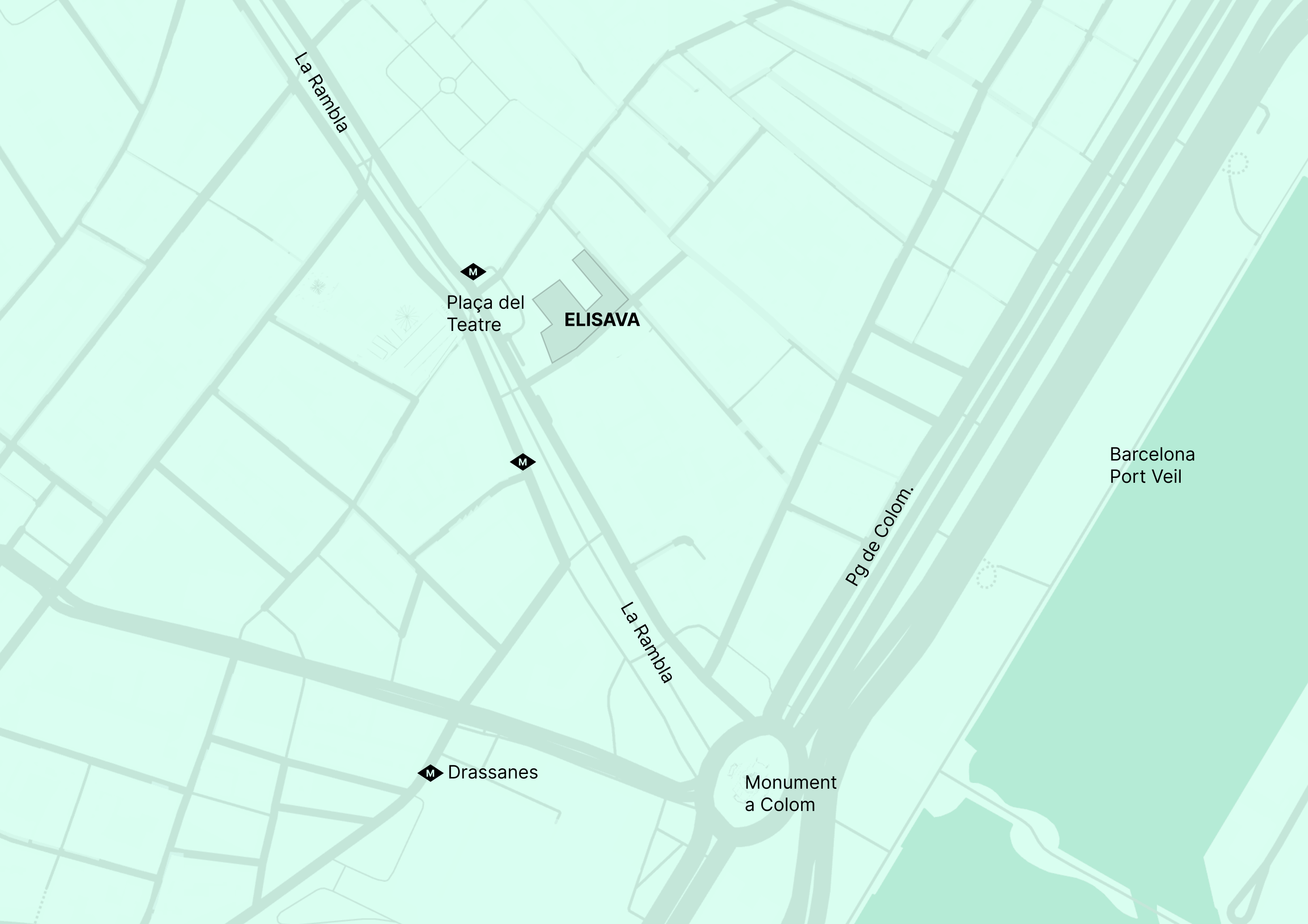
ELISAVA
Elisava Barcelona School of Design and Engineering is a faculty of UVic-UCC. It promotes education, knowledge and research in the fields of design, communication and engineering. Located in Barcelona, Elisava has trained more than 25,000 students in its 60-year history.
Together with Elisava Research, the school develops projects with companies, institutions and NGOs to generate and transfer knowledge, address present and future challenges and foster change. Elisava raises professionals with the skills needed to design products, services and environments that contribute towards creating a more environmentally responsible, inclusive and community-focused society.
How to reach ELISAVA
Metro
Barcelona has 12 underground lines that will take you to practically every corner of the city, at a frequency of about 3 minutes during the week. TMB metro passes are also valid on the bus, tram and NitBus networks, on the FGC and on Renfe trains (Zone 1) -> Download the metro map.
Bus
Barcelona’s bus fleet includes more than 100 lines to service every corner of the city. All TMB buses are adapted for people with reduced mobility, and Barcelona’s bus service enjoys uninterrupted circulation thanks to the night bus service (NitBus) -> Download the bus map.
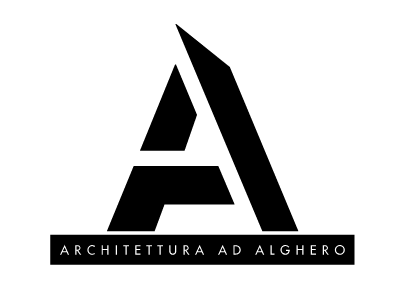

Previously
Check out 2CO’s main activities
- Conference
- 2024 Barcelona
- 2022 Alghero
- 2017 Tenerife
- 2013 Alghero
- Educational
- 2021 Online